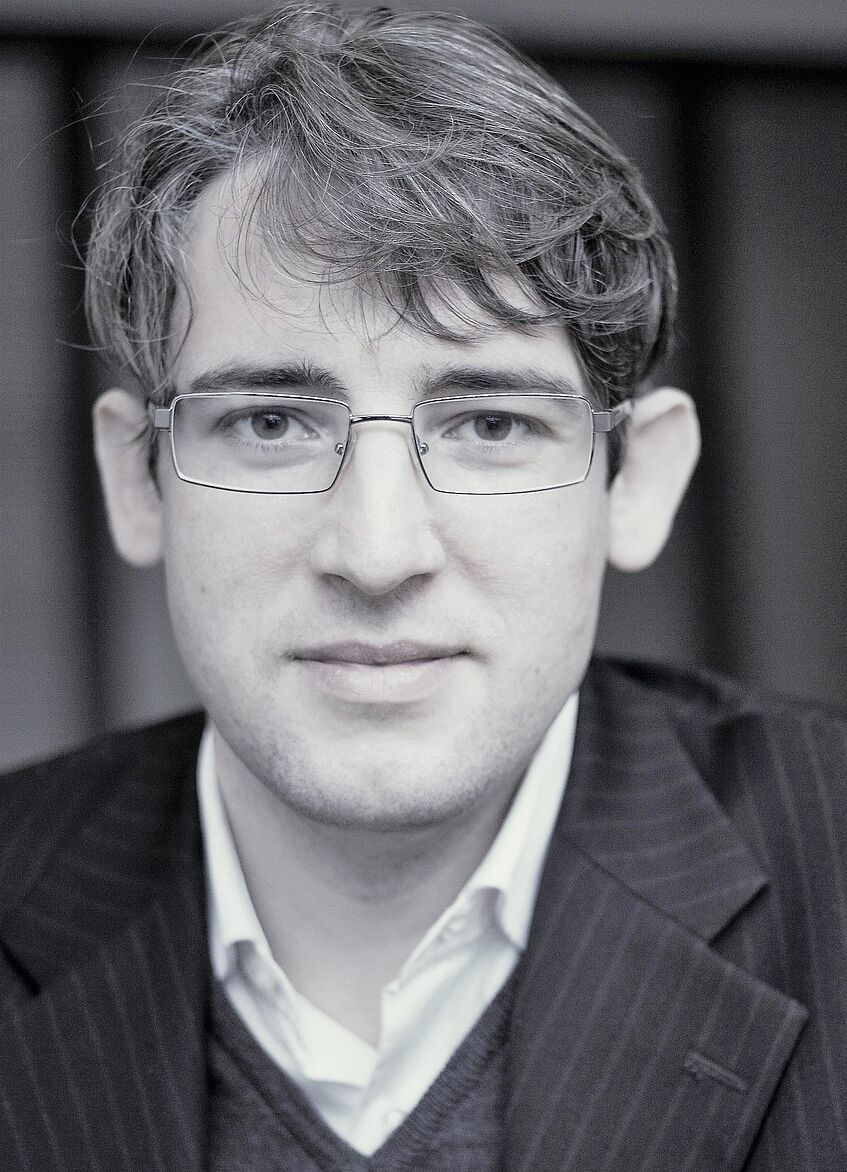11. Gerald Stourzh-Vorlesung zur Geschichte der Menschenrechte und der Demokratie
Francesco Boldizzoni
Democratic Capitalism: A Twentieth-Century Utopia?
15. Mai 2019
Mit freundlicher Unterstützung des Zukunftsfonds der Republik Österreich

Francesco Boldizzoni ist Professor für Politikwissenschaften an der Universität Helsinki. Sein Forschungsinteresse gilt der Geschichte des Kapitalismus, insbesondere der Rolle von Kultur und Ideen als Triebkraft menschlicher Handlungen, so in seinen beiden Buchprojekten "The End of Capitalism: Misadventures in Social Forecasting since Karl Marx" (Harvard University Press) und "The Trap of Wealth: The Making and Breaking of European Welfare States (Oxford University Press). Francesco Boldizzoni ist auch einer der Begründer und Herausgeber der neugegründeten Zeitschrift "Capitalism and History".
Ausgewählte Veröffentlichungen: Routledge Handbook of Global Economic History (hg. mit Pat Hudson, Routledge, 2016); Means and Ends: The Idea of Capital in the West, 1500–1970 (Macmillan, 2008); The Poverty of Clio: Resurrecting Economic History (Princeton University Press, 2011).
Homepage von Francesco Boldizzoni
Abstract
Today the notion of democratic capitalism may appear to be a contradiction in terms. After the unraveling of the postwar social contract based on class compromise and the welfare state, we find ourselves at the mercy of predatory greed and widespread antidemocratic sentiment, while progressivism is in the grip of an unrelenting agony. To make sense of the times we must go to the root of the concepts of capitalism and democracy. It could, indeed, be argued that the two do not have much in common. Democracy existed long before capitalism and, moreover, capitalism has often prospered in nondemocratic contexts and times. Yet the fact remains that the aspiration to radical democracy, namely a regime of substantive equality among citizens, only emerged at the height of the Age of Revolution, just as Europeans became aware of the rise of the capitalist social order and its destructive and destabilizing power. Since then, capitalism and democracy have been locked together in a strange relationship of tension and interdependence. This lecture investigates whether some form of peaceful coexistence between the two may again be possible in the future, or whether the idea of social democracy should just be regarded as one of the great utopias of the twentieth century.
